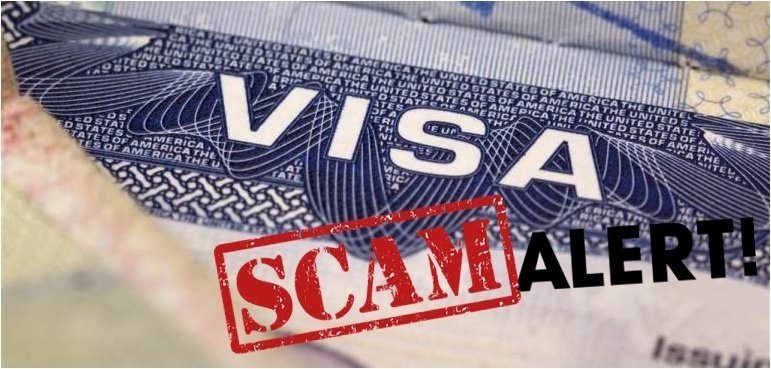Cyber fraudsters are now exploiting recent changes in the US visa application process for Indians, with a case emerging in Bengaluru where a 45-year-old engineer was duped of ₹20,000 after being promised an expedited visa interview.
The incident marks the first reported case in the city involving visa-related fraud through Telegram, a popular messaging app.
Telegram Channel Promised Faster Visa Slots
The victim, a resident of RR Nagar, came across a Telegram channel while looking for updates on B1/B2 non-immigrant visas. The channel, which remained active with over 4,200 members as of May 25, falsely promised earlier appointment slots for a fee.
A scammer, contacted the victim and offered to reschedule his 2026 appointment for ₹10,000. The victim shared his US visa portal login credentials and made the payment.
Scam Escalated With Threats
After sending a fake appointment receipt, the fraudster demanded an additional ₹10,000, threatening to change the account credentials. Despite making the second payment, the victim was locked out of his account, as the scammer allegedly altered the recovery details. A case was registered on May 24 by West CEN Police, and investigations are ongoing.
Larger Cybersecurity Threats Loom
Cybercrime officials warned that while the financial loss in this case may be low, the consequences could be severe:
- Permanent account lockout on the US visa portal
- Identity theft risks if documents are misused
- Visa bans due to perceived fraudulent activity
Also Read: Attention Startups! Showcase Your Smart Policing Solutions on India’s Biggest Stage
A senior CID officer noted, “The US embassy may refuse assistance if they believe the applicant tried to bypass the official process. This could lead to cancellation of visa appointments or even blacklisting.”
About the author – Ayush Chaurasia is a postgraduate student passionate about cybersecurity, threat hunting, and global affairs. He explores the intersection of technology, psychology, national security, and geopolitics through insightful writing</em>


